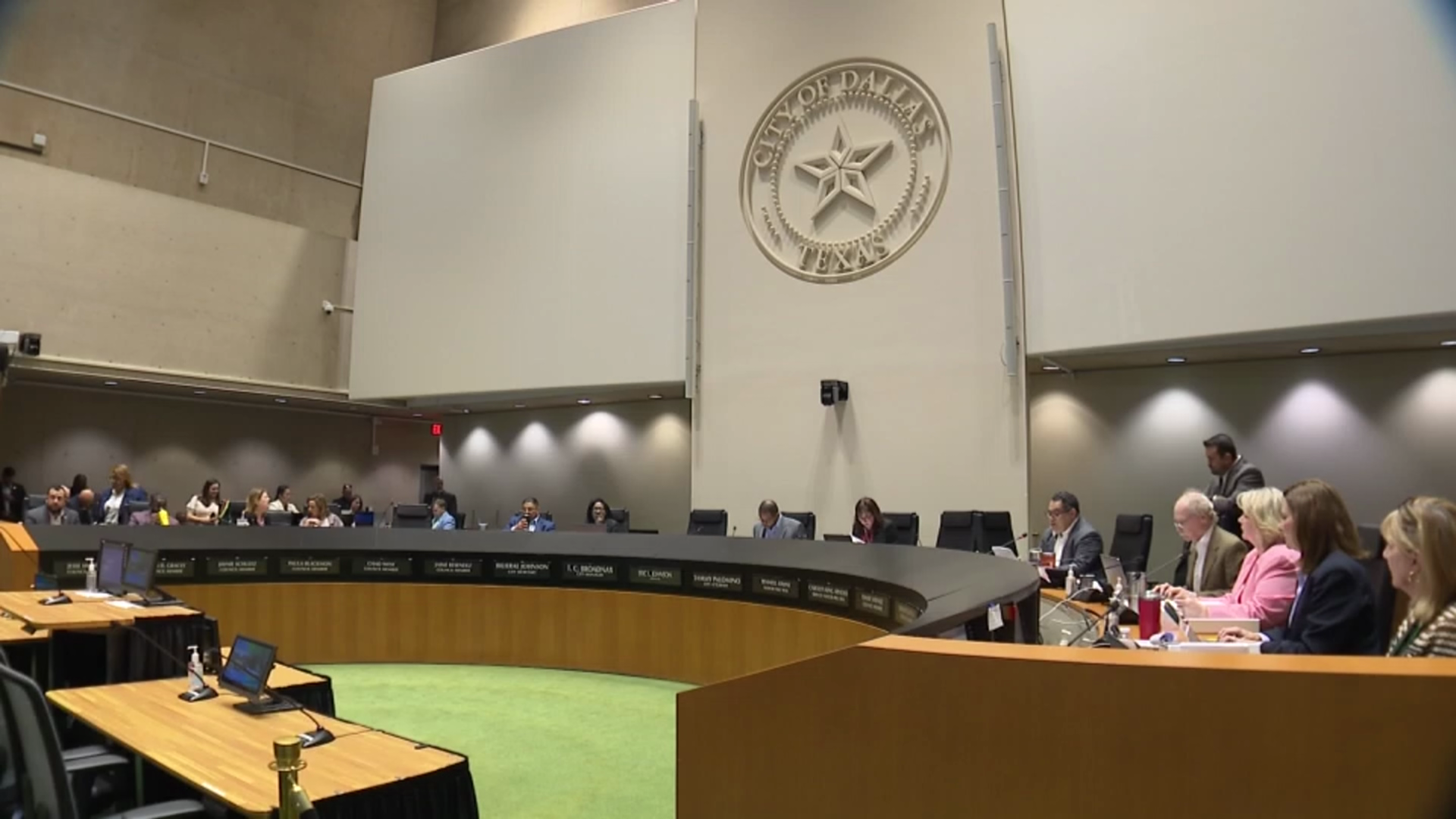As COVID-19 continues to rage across North Texas, documents obtained by NBC 5 Investigates raise new questions about how many ICU beds remain available in the growing crisis.
The records used by local and state officials to determine a daily bed count also show inconsistencies, with many hospitals not providing numbers daily.
The records also raise questions about how many of the available ICU beds are for adults, who are the most likely to need them, according to the data collected by the North Central Texas Trauma Regional Advisory Board (NCTTRAC).
The documents, normally kept from public view but obtained by NBC 5 Investigates, show an incredible rise in hospitalizations.
In the 19-county North Texas region, more than 1,100 people had been hospitalized with the virus – a number that had nearly doubled in less than a month, the records show.
“This is a concerning time,” said John Carlo, former medical director of the Dallas County Health and Human Services department.
NBC 5 Investigates
Uncover. Reveal. Expose.
“We realty aren’t seeing any good news, or any good numbers, coming out from any of those numbers at this point,” Carlo said.
Steve Love, president and CEO of the Dallas-Ft. Worth Hospital Council, told NBC 5 Investigates that, if current hospitalization trends continue, alternative beds may need to be utilized to treat some patients who are critically ill from the virus.
If the spike continues for the next 24 days, “We’d probably be getting very close to” implementing what hospitals refer to as “surge capacity” plans, Love said.
But forecasting the future may prove difficult, with a significant number of hospitals failing to provide capacity data on some days, NBC 5 Investigates has learned.
On Wednesday, only 83% of the hospitals in the North Texas region provided numbers, the documents showed, with only 73% of the hospitals reporting in Collin County.
“We do not have a specific answer for this. Many factors could play a part in a hospital not reporting data on any given day,” said Crystal Kellan, spokesperson for the Trauma Regional Advisory Council.
But at a time when there are so many unknowns, it’s critical for government officials to have the most complete data possible, said Tim Bray, director of the Institute for Urban Policy Research at UT-Dallas and an advisor to Dallas Mayor Eric Johnson.
Like a pilot who needs to know how long the runway is, North Texas’ decisionmakers need to have a good grasp on ICU bed capacity “to be able to intervene early enough,” Bray said.
The most recent report from the advisory council showed 660 ICU beds available throughout the region, but according to the NCTTRAC, that number includes intensive care beds for pediatric and neonatal patients. When those beds are removed from the count, the current number of ICU beds for adults drops to 392.
“If all those beds are adult beds, that’s a categorically different story than if many of those beds are pediatric beds or in other sorts of facilities,” said Bray.
Adding to the confusion is the suggestion from the DFW hospital council that some hospitals may have misreported adult ICU bed numbers when the NCTTRAC began featuring those stats more prominently on its daily breakdown.
“I think we need to give it a couple of days ‘til we make sure…people are entering the numbers correctly and … they’re double-checking them,” said Love, head of the council.
While some bed-count and hospitalization numbers may be missing in the daily cumulative reports, the council told NBC 5 Investigates it believes, more importantly, that each individual hospital is operating on accurate data.
And most hospitals can add or convert ICU beds, such as in Houston where some beds meant for children are being retooled to fit the needs of sick adults – a process that the two largest children’s hospitals here said they are watching closely.
*Map locations are approximate, central locations for the city and are not meant to indicate where actual infected people live.



